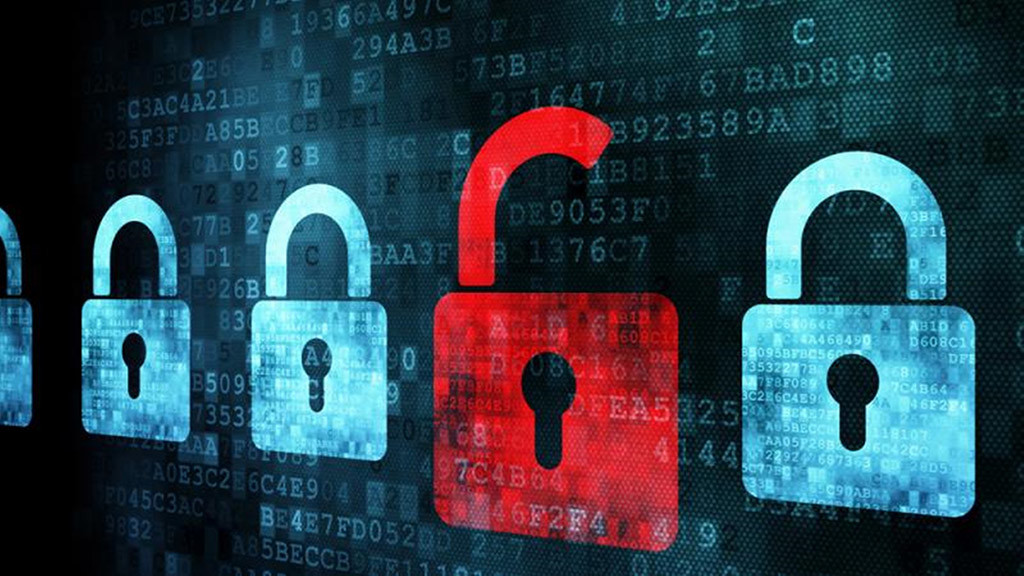New legislative initiatives to protect information

Last week, three bills were introduced to the State Duma aimed at amending Federal Law No. 149- dated July 27, 2006 “On Information, Information Technologies and Information Protection”. These bills are likely to be considered at the spring session of the State Duma. I suggest to get acquainted with their content today.
The full texts of the bills can be found at:
1. http://sozd.parliament.gov.ru/bill/605945-7The first draft law provides for amendments to legislation aimed at implementing “blocking websites” based on a decision of the Bank of Russia, which are used with violations of financial market laws, including for the commission of fraud. The explanatory note to the draft law states that the Bank of Russia has noted an increase in the use of websites for committing fraudulent acts in the financial market.
2. http://sozd.parlament.gov.ru/bill/606594-7
3. http://sozd.parlament.gov.ru/bill/606593-7
The list of information, the placement of which is proposed to block sites, is quite wide and very ambiguous. Depending on the interpretation of the text, the effect of the proposed changes may be the opposite direction, which leaves room for abuse.
In order not to be unfounded, I will quote the text of the bill:
“4) Bank of Russia decisions regarding information disseminated via the Internet:As can be seen from the text, the similarity of domain names (by the way, how many%?) Can be a real reason for blocking the site even for law-abiding market participants. There are many legally working websites on the Internet, parts of which have the same name, and this will become a problem for their owners since the adoption of the aforementioned amendments to 149- as is. Let's hope that lawmakers see a conflict here and try to add clarity and clarity to this provision.
')
a) introducing clients of credit institutions and (or) non-credit financial organizations, as well as other persons interacting with credit organizations and (or) non-credit financial organizations, to be confused about the ownership of information disseminated through the Internet, including due to the similarity of domain names, design or content;
b) related to the offer and (or) provision of financial services in the territory of the Russian Federation, defined in the Federal Law "On Protection of Competition", by persons who are not entitled to provide them in accordance with the legislation of the Russian Federation;
c) related to the implementation in the Russian Federation of activities to raise funds and (or) other property of individuals and (or) legal entities, in which payment of income and (or) provision of other benefits to persons whose funds and (or) other the property was previously attracted, carried out at the expense of the attracted monetary funds and (or) other property of other individuals and (or) legal entities in the absence of investment and (or) other legal business or other activities related to it borrowed funds and (or) other property. "
This bill also makes the appropriate amendments to the Code of Civil Procedure.
The second bill introduced proposes to add FZ-149 with a new article providing for the possibility of taking measures to restrict access to information, expressing indecent disrespect for society, the state, official state symbols of the Russian Federation, the Constitution of the Russian Federation and bodies exercising state power in the Russian Federation.
It will also require additional explanations of what to consider an indecent form and what exactly we will henceforth call disrespect. After all, fair criticism is very unpleasant, and besides, it can be different in form and content - caricatures and caricatures are often more effective methods of public influence on a high-handed official than letters to authorities, articles or reprimands ...
According to the text of the bill, the Prosecutor General of the Russian Federation or his deputies apply to Roskomnadzor with a request to take measures to restrict access to information resources that disseminate such information. Roskomnadzor, in turn, directs telecom operators to take measures to limit access to the information resource. Roskomnadzor also sends a notification to the hosting provider in electronic form of a violation of the procedure for disseminating information with the requirement to take measures to remove such information.
If the owner of the information resource has deleted the information disseminated in violation of the law, he sends a notification to the Roskomnadzor, who verifies this information and notifies operators of the resumption of access.
The third bill is proposed to supplement article 15 FZ-149 with new provisions, which, as stated in the explanatory note, are aimed at curbing the dissemination of unreliable socially important information disseminated under the guise of reliable messages, which creates a threat to the life and (or) health of citizens, a massive violation of public order and (or) public safety, the cessation of the functioning of life-support facilities, transport or social infrastructure, the occurrence of other serious consequences.
The draft law proposes to apply such information to such information, which applies to information containing calls for mass riots, extremist activities, participation in mass events held in violation of the established procedure.
The explanatory note to the draft law notes that the awareness of the negative aspects of the dissemination of false information prompts the state institutions of many countries to search for mechanisms for its suppression. It is indicated that the European Commission is developing a pan-European strategy to counter online disinformation. The note also says that the proposed initiative continues the policy of ensuring information security, protecting the legal rights of individuals and society in the information sphere while respecting the right to freedom of information.
Preliminary, consideration of these bills will be held in January 2019.
Source: https://habr.com/ru/post/433520/
All Articles